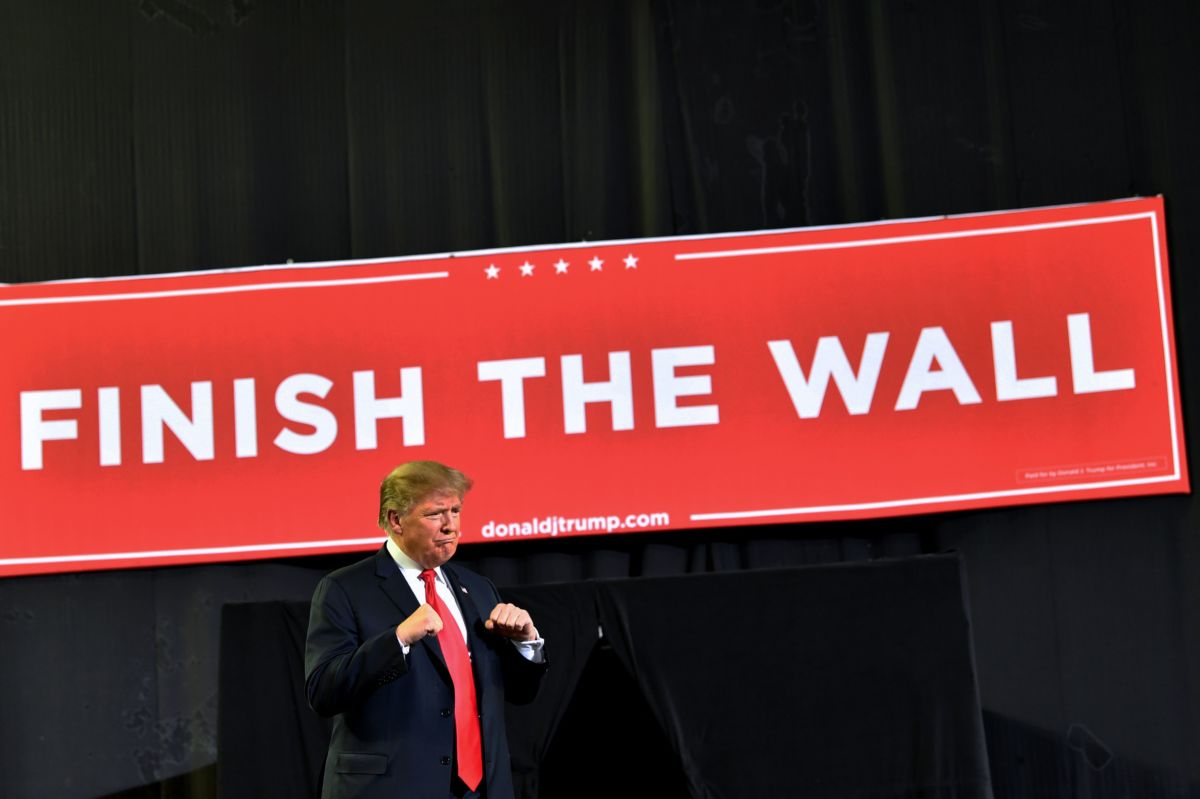President Trump has now declared a national emergency to fund his long-sought border wall. It is no surprise that when a fascistic president like Trump starts throwing around the idea of a national emergency, media outlets like Esquire start asking whether “it might be time to start fireproofing the Reichstag,” a clear allusion to Hitler’s ascent to power in 1933. But is the comparison justified? Is Trump’s declaration of a national emergency a threat to American democracy?
The short answer is: National emergencies are normal … until they’re not. The United States has been in a state of nearly continual national emergency since the passage of the National Emergencies Act in 1976. Trump’s national emergency would be the 32nd national emergency currently in effect. Others include selective embargoes on Syria, Libya, and South Sudan and opposition to the “Proliferation of Weapons of Mass Destruction.” Congress can override a president’s national emergency, but only with a two-thirds majority vote.
More broadly, parliamentary governments typically enact emergency provisions that limit civil liberties and enable the centralization of authority in order to protect themselves from social upheaval, natural disasters, and other unforeseen calamities. A political interpretation of such measures was coined “militant democracy” by the political theorist Karl Loewenstein in 1935.


